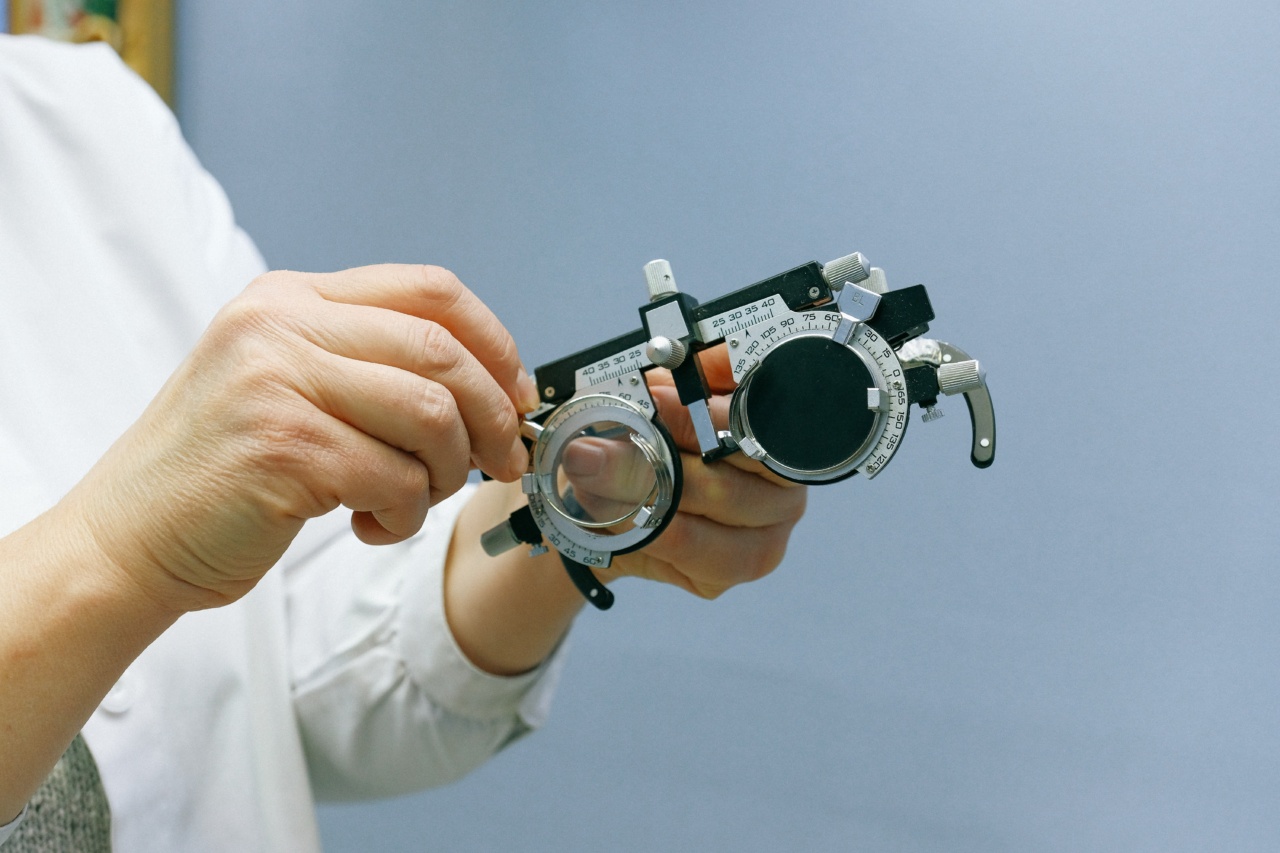Have you ever wondered if you have narcissistic tendencies? Narcissism is a personality trait characterized by an excessive sense of self-importance, a need for admiration, and a lack of empathy.
While having some level of confidence and self-esteem is healthy, narcissism can be detrimental to relationships and overall well-being.
If you’re curious about your own narcissistic tendencies, this test can provide some insight. It’s important to note that this test is not a diagnostic tool and should not be used as a substitute for professional help.
However, it can help you reflect on certain behaviors and traits that may indicate narcissistic tendencies.
Instructions:
Answer the following questions honestly, selecting the option that best represents you. Remember, there are no right or wrong answers – this is simply a self-reflection exercise.
The Test:
1. How often do you find yourself thinking about grandiose ideas or fantasies about your own success or achievements?.
- a) Rarely or never
- b) Occasionally
- c) Frequently
- d) All the time
2. Do you feel like you are more entitled to certain privileges or special treatment compared to others?.
- a) Not at all
- b) Sometimes
- c) Quite often
- d) Always
3. How often do you seek admiration or praise from others?.
- a) Rarely or never
- b) Occasionally
- c) Frequently
- d) Constantly
4. Are you often envious of others or believe that others are envious of you?.
- a) Rarely or never
- b) Occasionally
- c) Quite often
- d) Always
5. How often do you find it challenging to empathize with the feelings and experiences of others?.
- a) Rarely or never
- b) Sometimes
- c) Quite often
- d) Always
6. Do you often exploit or take advantage of others to achieve your own goals?.
- a) Never
- b) Rarely
- c) Occasionally
- d) Frequently
7. How often do you expect others to conform to your desires or wishes?.
- a) Never
- b) Rarely
- c) Frequently
- d) Always
8. Do you have difficulty accepting criticism or dealing with feedback that challenges your self-image?.
- a) Not at all
- b) Sometimes
- c) Quite often
- d) Always
9. Are you preoccupied with fantasies of unlimited success, power, brilliance, or beauty?.
- a) Rarely or never
- b) Occasionally
- c) Quite often
- d) Constantly
10. How often do you react with anger or rage when your goals or desires are not met?.
- a) Rarely or never
- b) Occasionally
- c) Quite often
- d) Always
Interpreting Your Results:
Add up the points for each of your answers. Assign 1 point for option A, 2 points for option B, 3 points for option C, and 4 points for option D. The higher your total score, the stronger your narcissistic tendencies may be:.
- 10-16 points: You show few, if any, narcissistic tendencies.
- 17-24 points: You exhibit moderate narcissistic tendencies. It may be beneficial to examine your behavior and its impact on others.
- 25-30 points: You have significant narcissistic tendencies. It is important to seek professional help and explore strategies for personal growth and empathy.
- 31-40 points: You demonstrate strong narcissistic tendencies. Professional intervention is highly recommended to address these traits and their potential impact on your life and relationships.
Conclusion:
This test is not an absolute diagnosis but rather a self-reflective tool to help you gain awareness about potential narcissistic tendencies.
Recognizing and addressing such traits can lead to personal growth, improved relationships, and a healthier sense of self. If you have concerns regarding narcissism or would like further guidance, consult with a qualified mental health professional for a comprehensive evaluation.




























